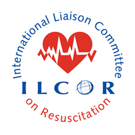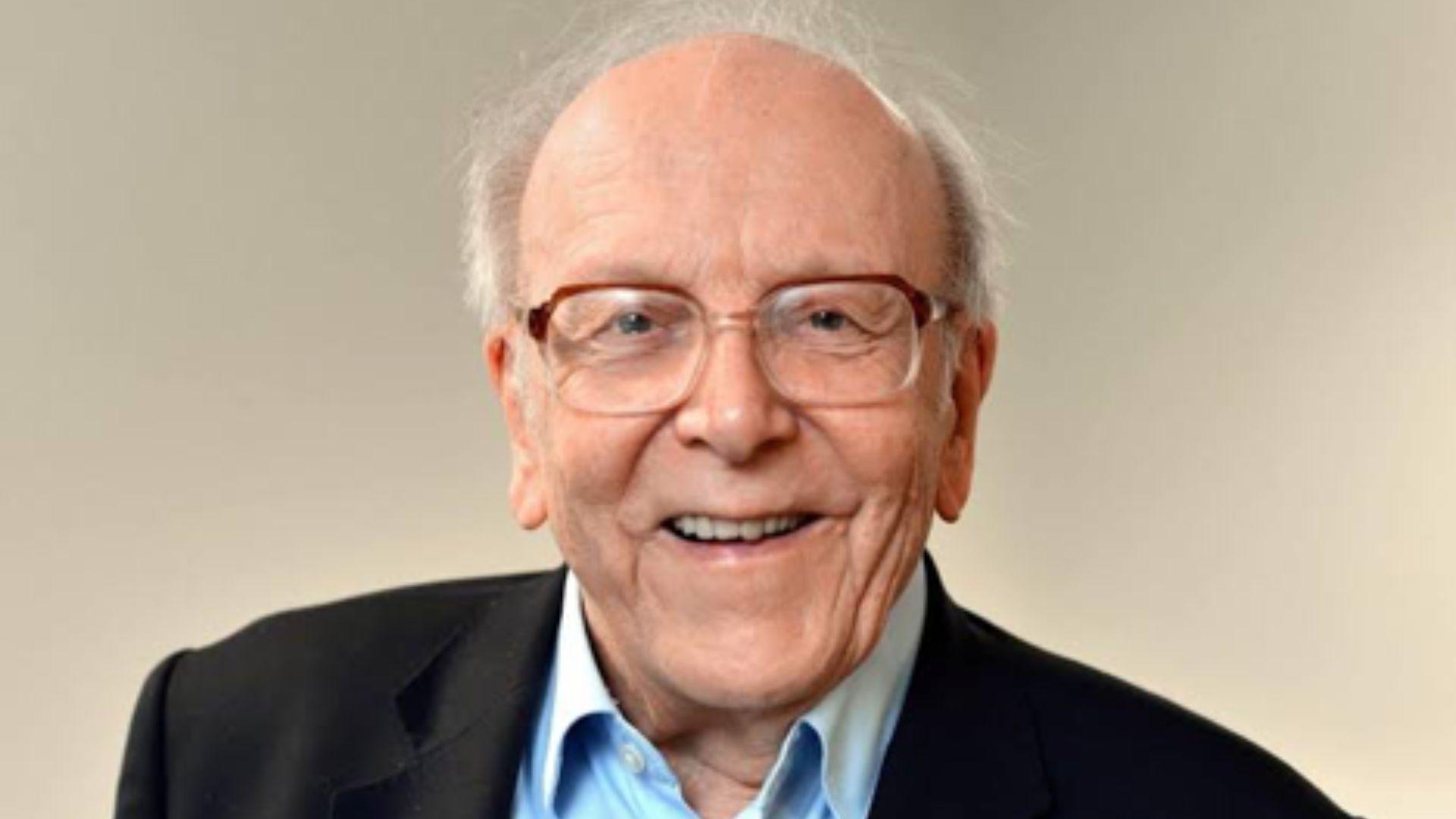ILCOR mourns the loss of its co-founder Douglas Chamberlain who passed away peacefully on 22 May 2025.
Born in Cardiff, Wales and lived most of his life in Hove near Brighton UK, Douglas was a universally respected intellect who united cardiology, anesthesiology, and emergency medicine around the topic of resuscitation in Europe.
He received his equivalent of undergraduate education at Ratcliffe College, Leicester and Queen’s College in Cambridge. He received his medical degree from The Medical College Saint Bartholomew’s Hospital. He then embarked on a long journey to complete his education as a cardiologist from 1957 to 1970.
His career accomplishments and honors were many. He has been the author or principal co-author of over 150 major publications in national and international journals and was one of the pioneers of the concept of the sequential pacemaker.
His many honors and awards include the “Knight of St. Gregory”, Officer of the Order of St. John, and he was elected an Honorary Member of the Association of Anesthetists. In addition to his many medical degrees and diplomas, he was made a fellow in the American College of Cardiology and elected by special election to Fellowship in the Royal College of Anaesthetists. He was President of the Association of Aviation Medical Examiners, and a founding member of the United Kingdom Resuscitation Council as well as the European Resuscitation Council. From 1970 - 1996 he was Consultant Cardiologist in Brighton UK. His many honors and awards also include CBE (Commander of the British Empire) in 1988, a very prestigious title. Although he officially retired from the UK National Health Service in 1996, Douglas still made regular visits to the local hospital. There he saw some of his long-standing patients and he continued to lecture to junior doctors, nurses and ambulancemen.
The concept of “paramedic” ambulancemen being trained in resuscitation skills was pioneered in Brighton UK almost simultaneously when similar schemes involving firemen paramedics was started in the United States. He pioneered teaching paramedics and nurses the things which doctors thought only they could do. The first Community Training Scheme was launched in the UK under his direction in 1978, and then it has been copied by many other countries. He served as the Editor in Chief of the Journal Resuscitation for 6 years. Beyond his clinical work, Douglas was a passionate advocate for public access to defibrillators and CPR training. He collaborated with the British Heart Foundation to launch Heartstart, a program aimed at educating the public in life-saving techniques.
Upon being selected as a “Giant” in resuscitation, Douglas wrote the following:
“I became involved in resuscitation in early 1962 when the hospital I then worked at had just acquired an external defibrillator. Within a week or two of learning the routine of chest compression, mouth-to-mouth breathing, and external defibrillation, a patient collapsed in front of me. The defibrillator had to be brought from another building, and then we discovered that the plug did not fit the wall socket. With a medical student holding bare wires into the socket, we finally gave the first shock. Incredibly the patient came round within minutes to a stirring round of applause from all the other patients on the ward. I was a zealot for resuscitation from that moment on!”
Professor Chamberlain along with Dr. Cummins in 1992 co-chaired a panel discussion concerning international guidelines for CPR and ECC. From this panel the International Liaison Committee on Resuscitation (ILCOR) was formed. He brought together the resuscitation councils of Canada, South Africa, Australia, Europe, South and Central America, and the American Heart Association. Prof. Chamberlain guided ILCOR through 10 meetings between 1992 and 1997 and facilitated the creation of advisory statements in BLS, ACLS, and Pediatrics which were adopted by five of these councils. It is in this arena where his true colors were shown by emphasizing the science and international consensus in guideline development in a spirit of cooperation.
He was a mentor to many people of all ages, an original thinker, a prolific and distinctive writer, an arch negotiator and politician He was a global speaker and resuscitation advocate, which he achieved by being charming with a distinctive style.
Douglas would like to be remembered as a teacher, and he frequently confessed that he would like to be remembered as a “country doctor”. He will, however, be remembered for far more than this.
It has been a pleasure for all of us to be associated with this man for many years. To know him is to immensely appreciate him for what he is and for what he has done for medicine in general and resuscitation in particular, especially with respect to an effort in establishing consensus and cooperation amongst all.

